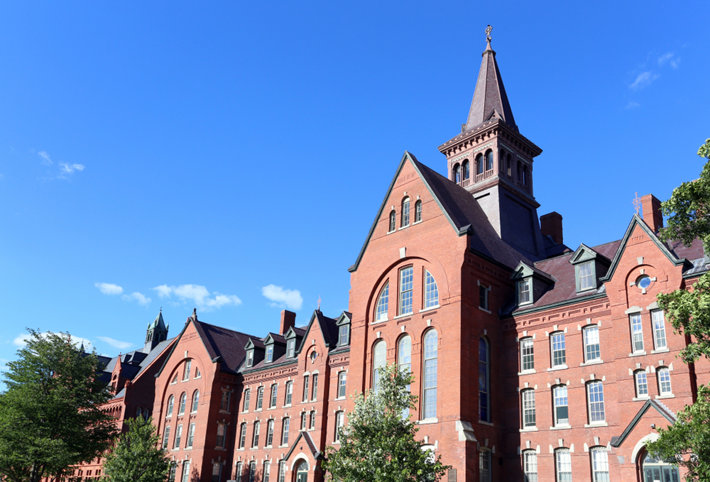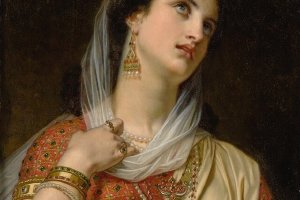A growing number of U.S. universities, struggling to cope with financial pressures of the COVID-19 pandemic, are cutting academic programs on the study of religion that have long helped bridge the world’s divides.

On December 2, the University of Vermont (UVM) became the latest institution of higher learning to announce it will shut down its Departments of Religion, Classics and Geology while consolidating other departments—despite the university’s award-winning Department of Religion holding a live chat with experts in April on the role of religion in the pandemic.
The cutbacks at UVM, a top-notch public research university, follow similar measures in other colleges. Many, such as the University of Akron, Ohio, had already gone through a round of restructuring over the past several years. While some colleges have closed or filed for bankruptcy. Harvard Business School Professor Clayton Christensen predicts online studies will replace traditional colleges over the coming decades.
UVM’s cuts will eliminate 24 majors, 27 minors and four master’s programs in the College of Arts and Sciences, which account for the lowest enrollment and degrees conferred, contributing to the school’s $8.6 million budget deficit.
“The pandemic has cost private colleges more than $700 million in lost revenues,” testified Mary Beth Labate, president of the Commission of Independent Colleges and Universities in July in a joint hearing of the New York State Senate and Assembly Committees on Higher Education.
UVM’s announcement has been met with vigorous protests by students and faculty, especially on social media. “There has been robust discussion about the trend across education to cut humanities, the classics, languages and the impact that would have on students’ abilities to be global citizens, to foster respect for others as well as an understanding of the development of humanity over time,” reported the Burlington Free Press December 9.
In an article published by Religion Dispatches, an independent nonprofit online forum, religion scholar Megan Goodwin stressed the importance of teaching religion.
“Humanities cutbacks make us dumber, crueler, and less likely to survive as a species,” she wrote in her article, “The University of Vermont Might be Done with Religion, But Religion Isn’t Done With Us.”
“But these aren’t the only reasons eliminating religious studies is shortsighted and dangerous,” she wrote. “In the United States, if nowhere else, religion is special…in a constitutionally protected, politically entrenched, financially incentivized, ignorance-at-your-own-and-our-nation’s-peril kind of way. Whether we recognize it or not, religion shapes the world around us.
“At a moment when everyone is clamoring for more resources devoted to diversity, equity and inclusion, why would an institution take away resources that already exist and are not easy to replace?” asked Religion News Service columnist Simran Jeet Singh in a December 4 article. “If we want our kids to grow up to appreciate people from all the various backgrounds they will encounter in their lives, we must first equip them with the appropriate knowledge.”
____________________
From its beginnings, the Church of Scientology has recognized that freedom of religion is a fundamental human right. In a world where conflicts are often traceable to intolerance of others’ religious beliefs and practices, the Church has, for more than 50 years, made the preservation of religious liberty an overriding concern.
The Church publishes this blog to help create a better understanding of the freedom of religion and belief and provide news on religious freedom and issues affecting this freedom around the world.
The Founder of the Scientology religion is L. Ron Hubbard and Mr. David Miscavige is the religion’s ecclesiastical leader. For more information, visit the Scientology website or the Scientology TV network.


